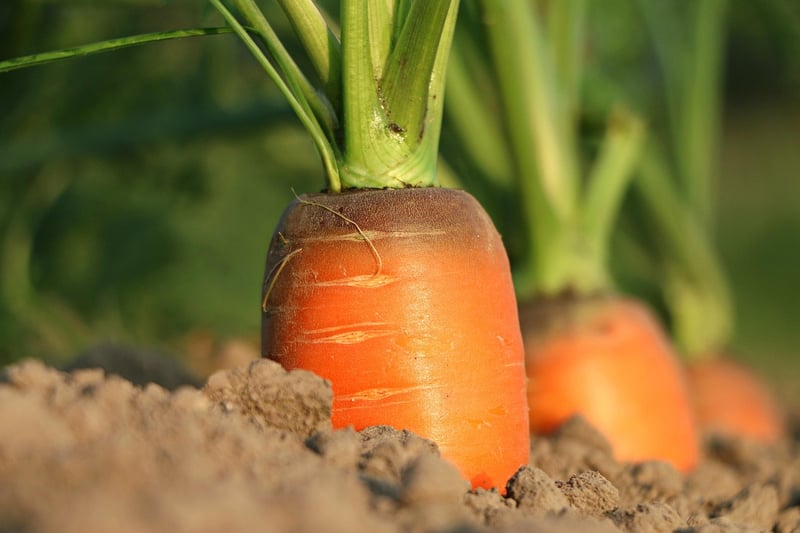Soil Health
Nurturing Your Plants for Optimal Growth
Introduction
Proper plant care is essential for healthy growth and vibrant blooms. Nurturing your plants involves various aspects, with soil health playing a crucial role in providing essential nutrients. Let's explore how you can ensure your plants thrive through proper care and soil maintenance.
1. Choosing the Right Plants
Start by selecting plants that are well-suited to your climate and gardening conditions. Consider factors like sunlight exposure, water requirements, and soil type to ensure the plants you choose will thrive in your garden.
2. Providing Adequate Water
Water is essential for plant growth, but it's important not to overwater. Ensure your plants receive the right amount of water based on their specific needs. Consider factors such as soil drainage and weather conditions when determining your watering schedule.
3. Proper Sunlight Exposure
Plants need sunlight to photosynthesize and grow. Make sure your plants are placed in areas where they can receive adequate sunlight based on their sunlight requirements. Monitor the sun exposure in your garden throughout the day to ensure your plants are getting the light they need.
4. Fertilizing Your Plants
Provide your plants with the necessary nutrients by fertilizing them regularly. Choose a fertilizer that is suitable for the type of plants you are growing and follow the recommended application instructions. Over-fertilizing can be harmful, so be mindful of the quantities you use.
5. Pruning and Maintenance
Regular pruning helps promote healthy growth and flowering in plants. Remove dead or damaged branches, flowers, and leaves to encourage new growth. Keep an eye on pests and diseases, and take prompt action to prevent them from spreading.
Soil Health and Nutrient Management
1. Testing Your Soil
Start by testing your soil to understand its nutrient content and pH levels. You can use DIY test kits or send samples to a professional lab for detailed analysis. Knowing your soil's composition will help you determine the right course of action.
2. Adding Organic Matter
Improve soil structure and fertility by incorporating organic matter such as compost, manure, or leaf mulch. Organic matter enriches the soil, promotes beneficial microbial activity, and improves water retention.
3. Mulching
Apply mulch around your plants to help retain moisture, suppress weeds, and regulate soil temperature. Organic mulches like wood chips or straw break down over time, adding nutrients to the soil.
4. Crop Rotation
Practice crop rotation in your garden to prevent nutrient depletion and minimize pest and disease issues. Rotating plant families in different areas of your garden each season helps maintain soil health and balance.
5. Avoiding Chemical Overload
Avoid excessive use of chemical fertilizers and pesticides, as they can harm beneficial soil organisms and disrupt the natural balance of the soil ecosystem. Opt for organic and natural alternatives whenever possible.
Conclusion
By following these tips for nurturing your plants and maintaining soil health, you can create a thriving garden filled with lush, healthy plants. Remember to observe your plants regularly, adjust care practices as needed, and enjoy the beauty of your flourishing garden!


